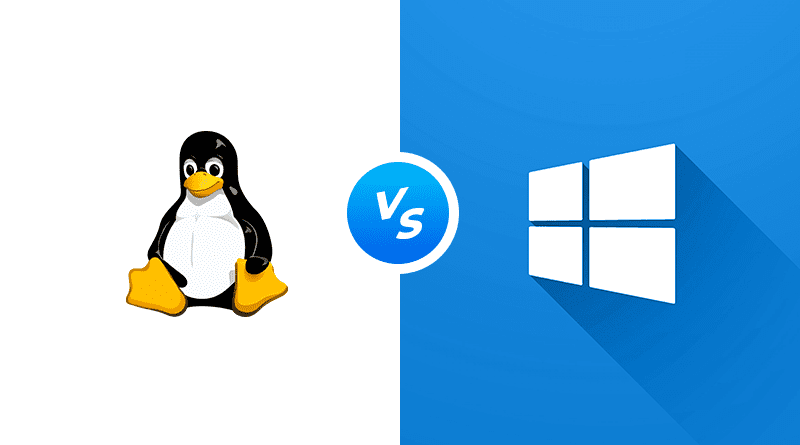When selecting a web hosting plan, two critical factors to consider are bandwidth and storage. Both play vital roles in determining how your website performs and how much data it can handle. Understanding these concepts helps you choose the right hosting plan for your needs and ensures that your website operates efficiently. This guide explains bandwidth and storage and what to look for in your hosting plan.

What is Bandwidth?
Bandwidth refers to the amount of data that can be transferred between your website and its visitors over a specific period. It is measured in megabytes (MB) or gigabytes (GB) per month. Essentially, bandwidth determines how much traffic your website can handle before performance issues arise.
When a user visits your website, their browser downloads data such as text, images, and videos. The amount of data transferred during each visit contributes to your overall bandwidth usage. If your website experiences a high volume of traffic or contains large files, you will require more bandwidth to accommodate the demand.
Having sufficient bandwidth is crucial for maintaining a smooth user experience. If your bandwidth limit is exceeded, your website may slow down or become inaccessible until the next billing cycle. Many hosting providers offer plans with varying bandwidth limits, so choose a plan that aligns with your website’s anticipated traffic and content needs.
What is Storage?
Storage refers to the amount of disk space allocated to your website on the hosting server. It is measured in megabytes (MB) or gigabytes (GB) and determines how much data you can store on your server. This includes all website files, such as HTML, CSS, JavaScript, images, videos, and databases.
Adequate storage is essential for hosting all your website’s content and files. If your storage limit is reached, you may not be able to upload additional files or expand your website. This can impact the ability to add new content or features, potentially affecting the growth and functionality of your site.
Different hosting plans offer various storage options. Shared hosting plans often come with limited storage, while VPS and dedicated hosting plans typically provide more extensive storage options. Consider your current and future storage needs when choosing a hosting plan to ensure that you have enough space for your website’s files and data.
Bandwidth and Storage in Hosting Plans
When selecting a hosting plan, it’s important to assess both bandwidth and storage to ensure they meet your website’s requirements. Hosting providers often offer different plans with varying levels of bandwidth and storage, allowing you to choose one that best fits your needs.
1. Bandwidth Allocation: Hosting plans may come with fixed or unlimited bandwidth. Fixed bandwidth plans have a set limit, and exceeding this limit may result in additional charges or throttled speeds. Unlimited bandwidth plans, on the other hand, offer more flexibility but may come with fair use policies to prevent abuse.
2. Storage Capacity: Similar to bandwidth, hosting plans vary in storage capacity. Some plans offer limited storage, while others provide scalable options. If you anticipate needing a lot of storage, consider plans with higher capacities or scalable solutions that allow you to adjust storage as needed.
3. Traffic Expectations: Consider your website’s traffic volume when choosing a hosting plan. Websites with high traffic or large file downloads will require more bandwidth. If you expect significant growth, selecting a plan with scalable bandwidth options can help accommodate future needs.
4. Content Type: The type of content on your website also impacts bandwidth and storage requirements. Websites with heavy multimedia content, such as videos or high-resolution images, will need more bandwidth and storage compared to text-based sites.
5. Future Growth: Plan for future growth by choosing a hosting plan that allows for easy upgrades. Many hosting providers offer flexible plans that let you increase bandwidth and storage as your website expands.
Conclusion
Bandwidth and storage are fundamental components of your web hosting plan, affecting how well your website performs and how much data it can handle. Understanding these concepts helps you select a hosting plan that aligns with your website’s needs, ensuring smooth operation and accommodating future growth. By assessing your bandwidth and storage requirements and choosing a plan that meets these needs, you can maintain an efficient and reliable website.




